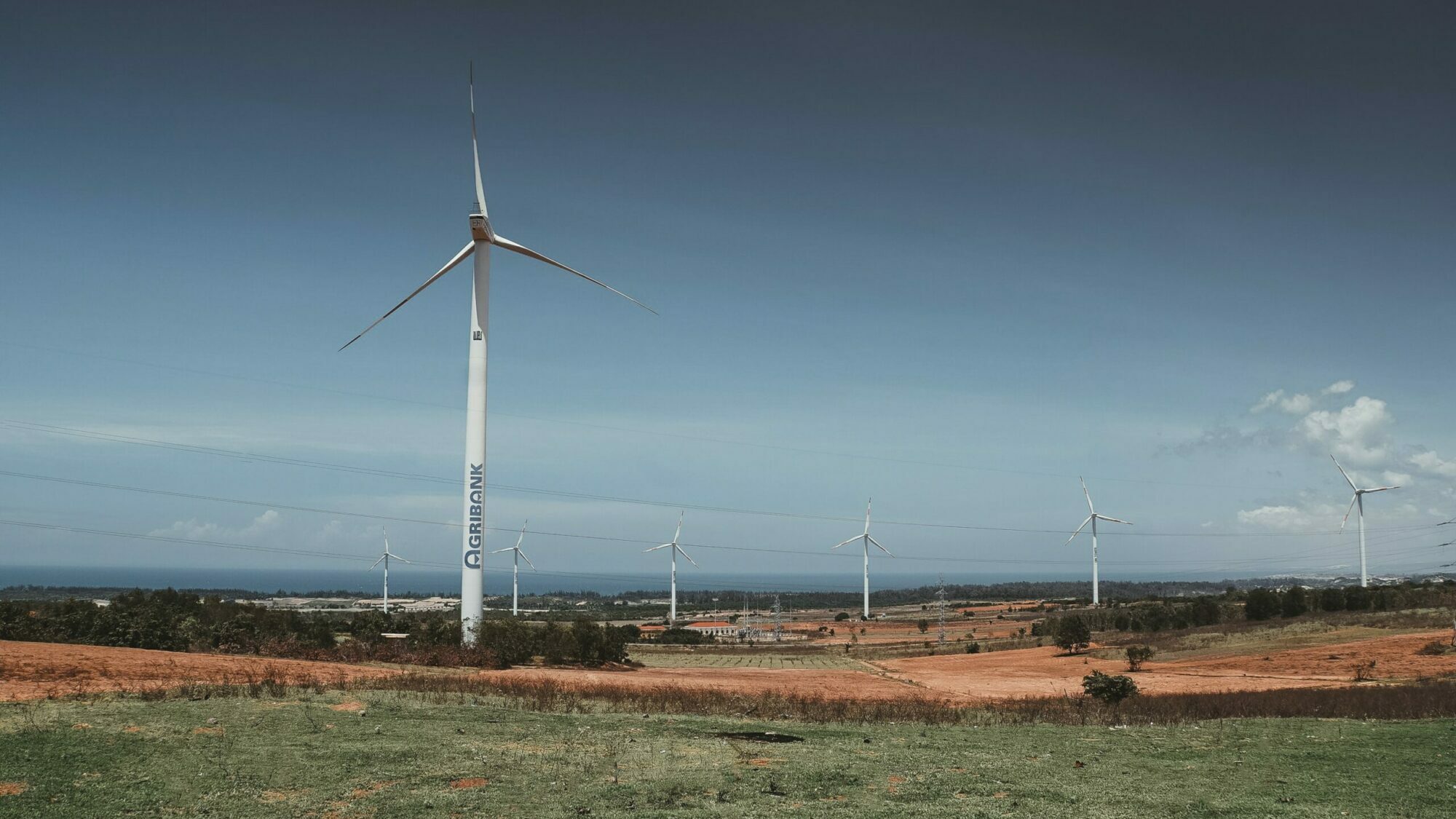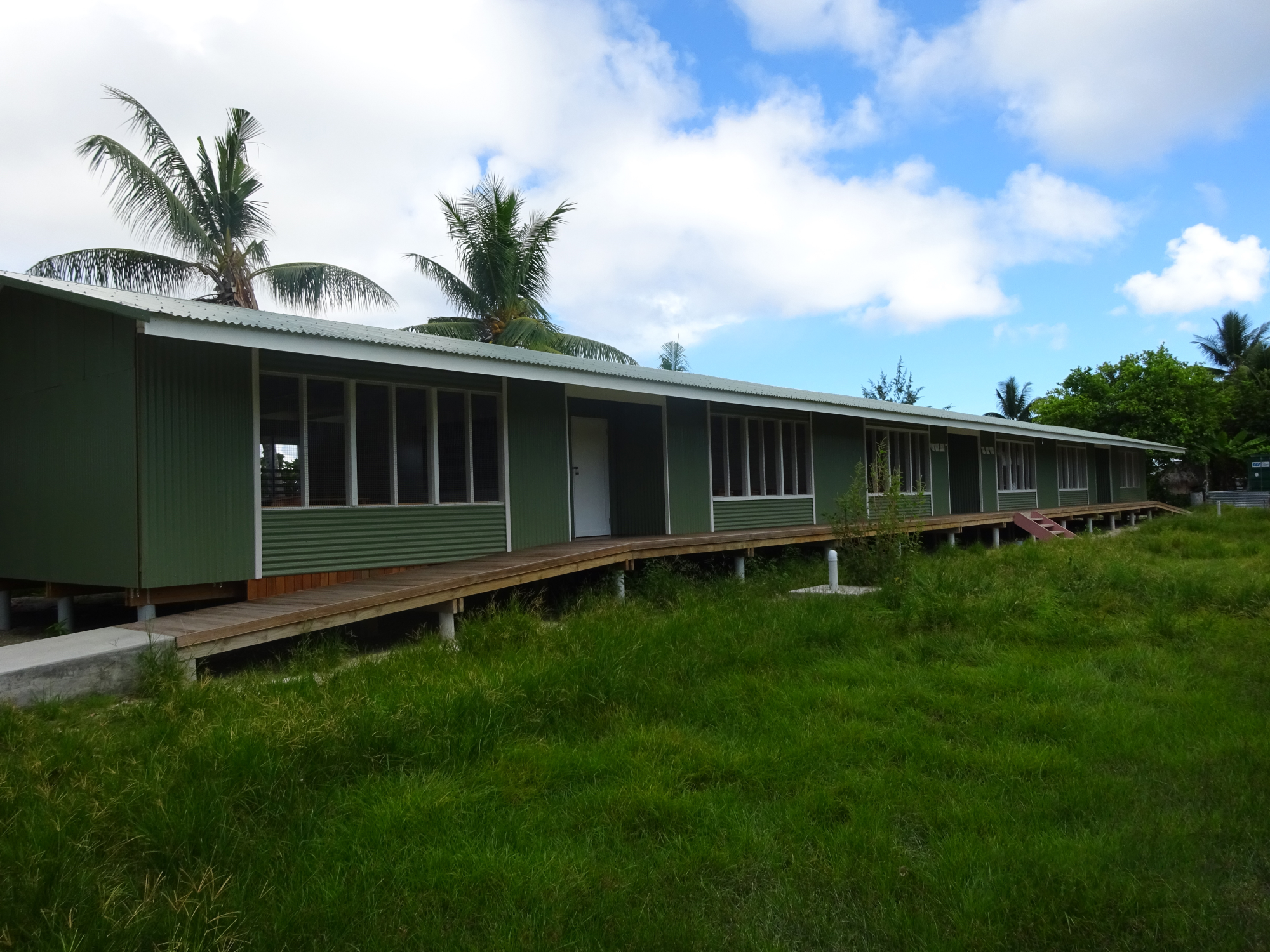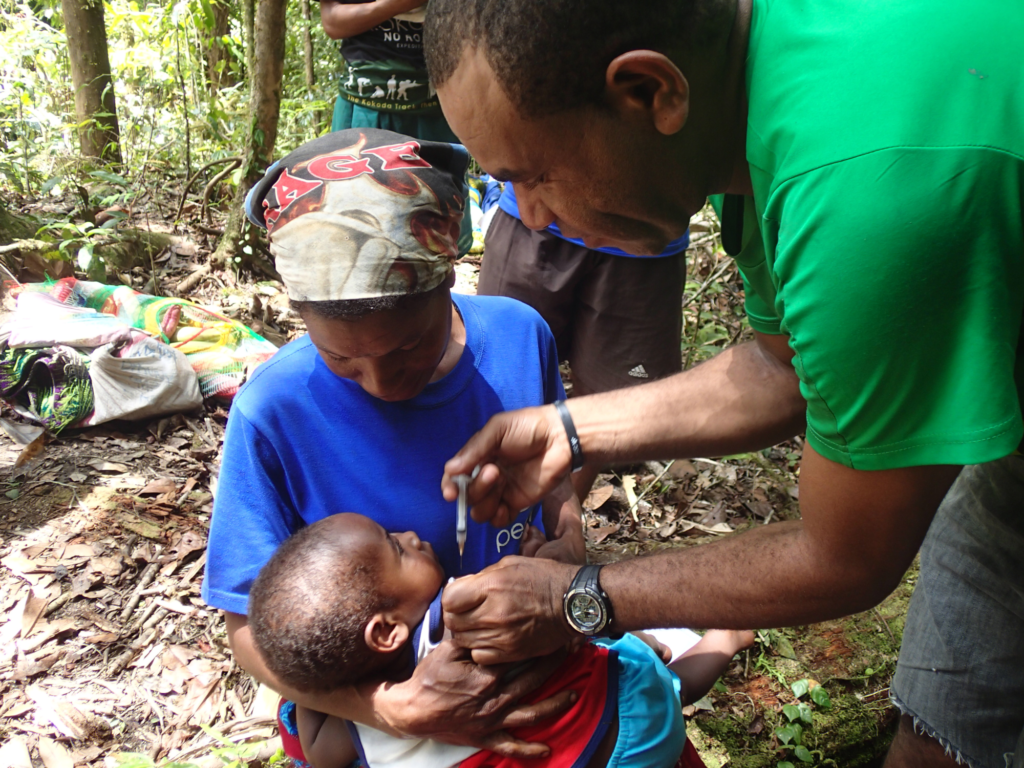

The Kiribati Education Improvement Program is supporting education through infrastructure
Kiribati – a remote, archipelagic micro-state situated in the Pacific Ocean – presents several challenges when designing and implementing the Kiribati Education Improvement Program (KEIP). It is highly subject to environmental vulnerability and its scattered islands possess limited natural resources. In addition to the logistical challenges of the infrastructure program there are in some instances restrictions on available land which can be tightly held by communal groups. Donor partners and the Government of Kiribati are focusing on education infrastructure as a key enabler to improving educational outcomes. The school construction and rehabilitation components of KEIP are strongly integrated with other KEIP activities supporting teacher training and workforce development, design and roll-out of school curricula and assessments, and improvements in education policy and strengthening capability within the Ministry of Education.
KEIP has implemented several strategies to overcome the challenges of the ambitious infrastructure program and deliver on school construction and rehabilitation activities. Strong, targeted support in the form of a core team of infrastructure personnel working with the Ministry of Education Facilities Management Unit has enabled strengthening of capability within this unit, which will continue beyond KEIP while also enabling the surge in education infrastructure activities. The program has worked with the local construction industry to design a response to the infrastructure requirements of the program, which has resulted in exclusive use of local construction firms.
For example, a modular ‘kitset’ classroom unit has been designed under KEIP and is being rolled out across South Tarawa school rehabilitation sites. This approach addresses the many practical challenges posed by the construction program. It represents a middle-ground between proposed ‘sustainable’ designs incorporating only island-found resources, and the Government of Kiribati’s preferred ‘permanent’ construction using fully-imported materials and techniques for which there is limited capability to undertake necessary ongoing maintenance.
Benefits that extend into the broader community
The minimal site footprint offered by the lightweight KEIP-designed kitset protects the fragile eco-system by minimising site disturbance. Elevation of the buildings allows air circulation for natural cooling in the tropical climate and enables the buildings to serve as high area refuges during tidal inundations on the narrow atoll. Rainwater tanks are installed on site for use in toilet and hand-washing facilities. Access to rainwater reduces demand on the already stretched freshwater resources of South Tarawa and encourages use of facilities which reinforces basic water and sanitation (WASH) elements of the curriculum. In addition, the design incorporates both Government of Kiribati and DFAT requirements for universal access aided by ramps for classroom access and separate toilet facilities for girls and boys.
The KEIP-designed kitset also enables involvement of a broad sector of the Kiribati construction industry. Constructed locally using imported, certified sustainable materials, fabrication of the kitset is undertaken in one factory, which manages waste and possible pollutants (such as paint), and is then transported to and erected on site. With no previous kitset fabrication experience amongst Kiribati contractors, KEIP has worked with a boat-building company to develop these skills. This approach widened the potential pool of contractors than would have been available if only on-site construction had been utilised. Kitset construction has the added benefits of being quickly erected on-site, which enables students to continue with their education with minimal disruption to school activities.
The design, fabrication and rollout of kitset construction for KEIP education infrastructure activities represent a value for money response to KEIP objectives. The proto-type kitset is nearing completion on site and has already presented benefits that extend well beyond the classroom. Construction contractors involved with the project have reported increases to their workforces, including the introduction of apprentice places through partnership with the Kiribati Institute of Technology. In pursuing a local solution to the infrastructure requirements, KEIP has supported the up-skilling of local construction firms in areas ranging from response to request for tenders through to specific construction techniques. Each school infrastructure program is linked to a KEIP Community Consultation Team which ensures the school and local community are informed of and engaged with the efforts for school rehabilitation and construction. Engagement of the community is spurring local responses to improvements in education infrastructure such as the formation of parent groups to take responsibility for monitoring school maintenance and cleanliness.
Contact Tetra Tech International Development to find out more about this program or explore other Tetra Tech Projects.



